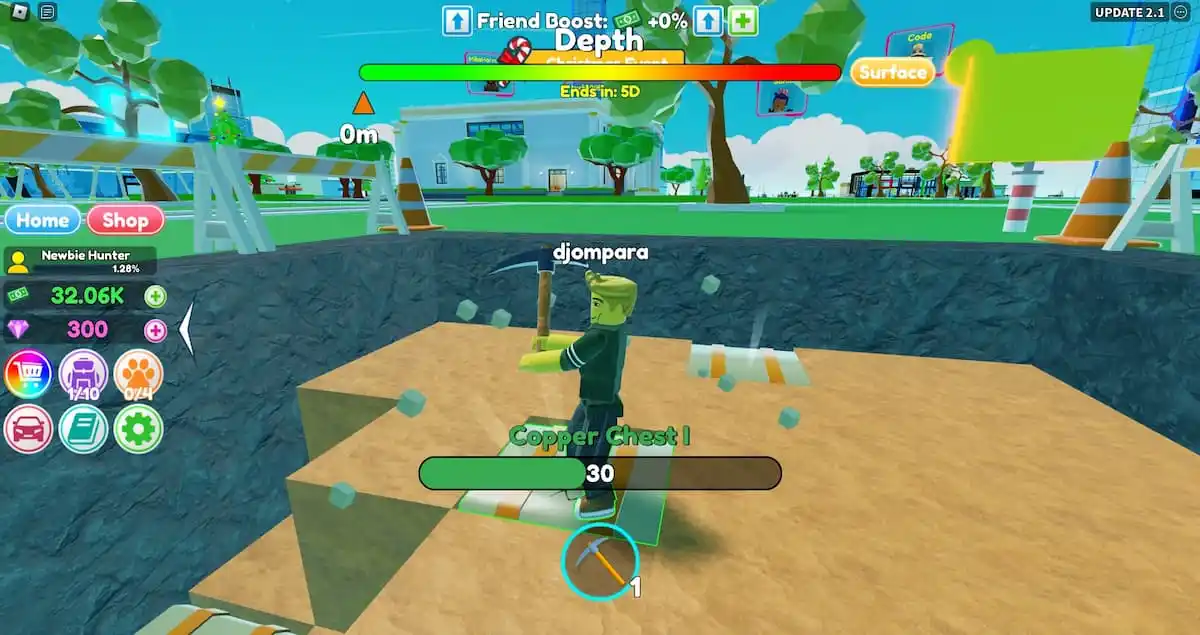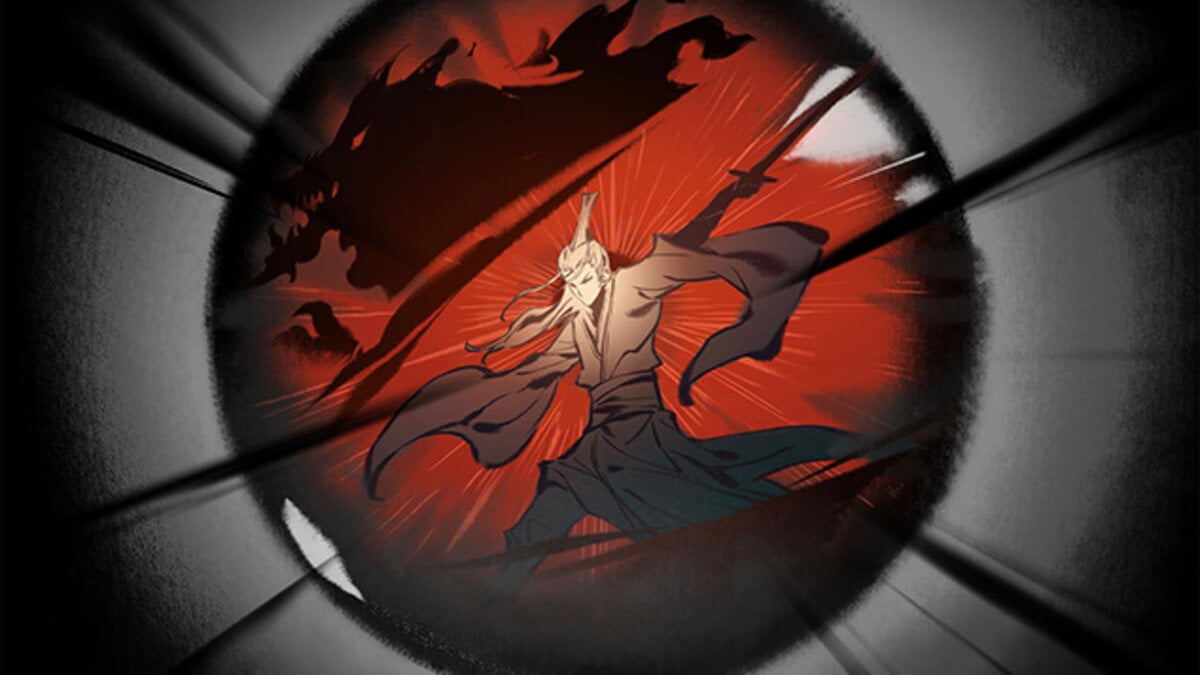The economy in Mount and Blade II: Bannerlord is one of the most important aspects of the game. While you’ll be earning hundreds and thousands of denars per week in the early game mostly from looting and quests that you can pick from numerous nobles, in the late game stages of the game you will be earning hundreds of thousands and even millions of denars.
Workshops can be one of the cornerstones of your late-game income so it would be smart for everyone to always keep them in sight. In our guide, we’ll explain everything that you need to know about these profit machines in Bannerlord.
Related: Mount & Blade II: Bannerlord Skills Guide
What Are Workshops in Bannerlord Anyway?
Workshops are artisan shops that can be found in various cities around Calradia. Keep in mind that you can find them in big cities only, and that there are no workshops in castles or villages. These artisan shops are already working with their existing owners and you get a chance to buy out their business from day one. However, since they are quite expensive for a beginner (20k+ denars) you’ll need to wait a bit before you can invest in them.
There is a total of 11 types of workshops in Bannerlord and they are:
- Brewery – produces beer and needs grain.
- Wine Press – produces wine and needs grapes.
- Olive Press – produces oil and needs olives.
- Linen weavery – produces clothing and needs flax.
- Velvet weavery – produces velvet clothing and needs cotton.
- Wool weavery – produces clothing and needs wool.
- Pottery shop – produces pottery and needs clay.
- Tannery – produces leather and light armor and needs rawhide.
- Wood Workshop – produces bows, arrows, and shields and needs hardwood.
- Silversmith – produces jewelry and needs silver.
- Smithy – produces weapons, armor, and tools and needs iron ore.
Why Is My Workshop Not Making Money?
Workshops can generally create weekly profit from 50-100 to 800,900 denars or even more in some rare cases. Naturally, your goal would be to go to the higher end of this spectrum but you should be aware that any profit of 500 or higher is considered good.
The main reason why workshops don’t bring profit for some players is that they don’t pay special attention to where they are buying which workshop. In order for your workshop to flourish and bring you a decent profit you need to pay attention to a couple of game elements.

First of all, pay attention to the villages around the city in which you’re buying the workshop and the materials they’re rich in. For example, you can see in the screenshot above that 2 villages next to Dunglanys are producing rawhide and grain. This means that if you are willing to purchase a workshop in that city, you should go for either Brewery or Tannery. If these aren’t available, skip it and go to the next town.
When a workshop has a nearby place from which it can get materials, the profits from that workshop are going to be bigger. If you ignore this fact you can end up investing in poorly performing workshops.
The second element that influences the profit of your workshop is the prosperity of the city. Open up Settlements in Encyclopedia and sort them by prosperity. Naturally, you won’t be familiar with the prosperity of factions you haven’t explored yet or of those with whom you’re at war but you will still see plenty of towns with whom you have good relations. Pay attention to those that are at the top of the list and try buying a workshop in one of those because that will influence your final profits.

The third thing is of course personal character traits. Under Character>Trade you can pick multiple traits that will allow your character to profit more from workshops so pay special attention to these. You can see that I haven’t been investing in Trade in my early game but you can do it to start profiteering from workshops as soon as possible!
What Do You Need to Avoid Doing?
One crucial part of the game when it comes to workshops is that you pay attention to the strategic location of the city where you have your workshop. Cities near the warzone are likely to change hands between the factions and if the city with your workshop gets conquered by the enemy faction it is lost for you forever. All the money will go down the drain and you’ll be left with nothing.
Are the Workshops Worth it?
Even though Workshops can be a great passive income source, some players argue against them. There have been numerous discussions online where Bannerlord players have noted that other sources of income such as selling looted goods from bandits or other enemies pay better on a weekly basis and don’t require any kind of investment.
Surely, you’ll be doing plenty of fighting wherever you go and get huge amounts of loot from which you can earn, but I’m not entirely convinced that that’s better than having a workshop. Workshops ensure your steady income and you’ll be doing the fighting and loot selling anyway so for me buying a workshop is always worth it. However, only if you stick by the rules we’ve set above!
Good luck to you, medieval businessman! If you want to learn more about Mount and Blade II: Bannerlord see our articles How to Trade in Mount and Blade II: Bannerlord and How to Recruit Clans in Mount & Blade 2: Bannerlord. Join Gamer Journalist’s page on Facebook and keep up with the latest news and guides from the gaming industry!











Published: Jul 19, 2023 11:22 am